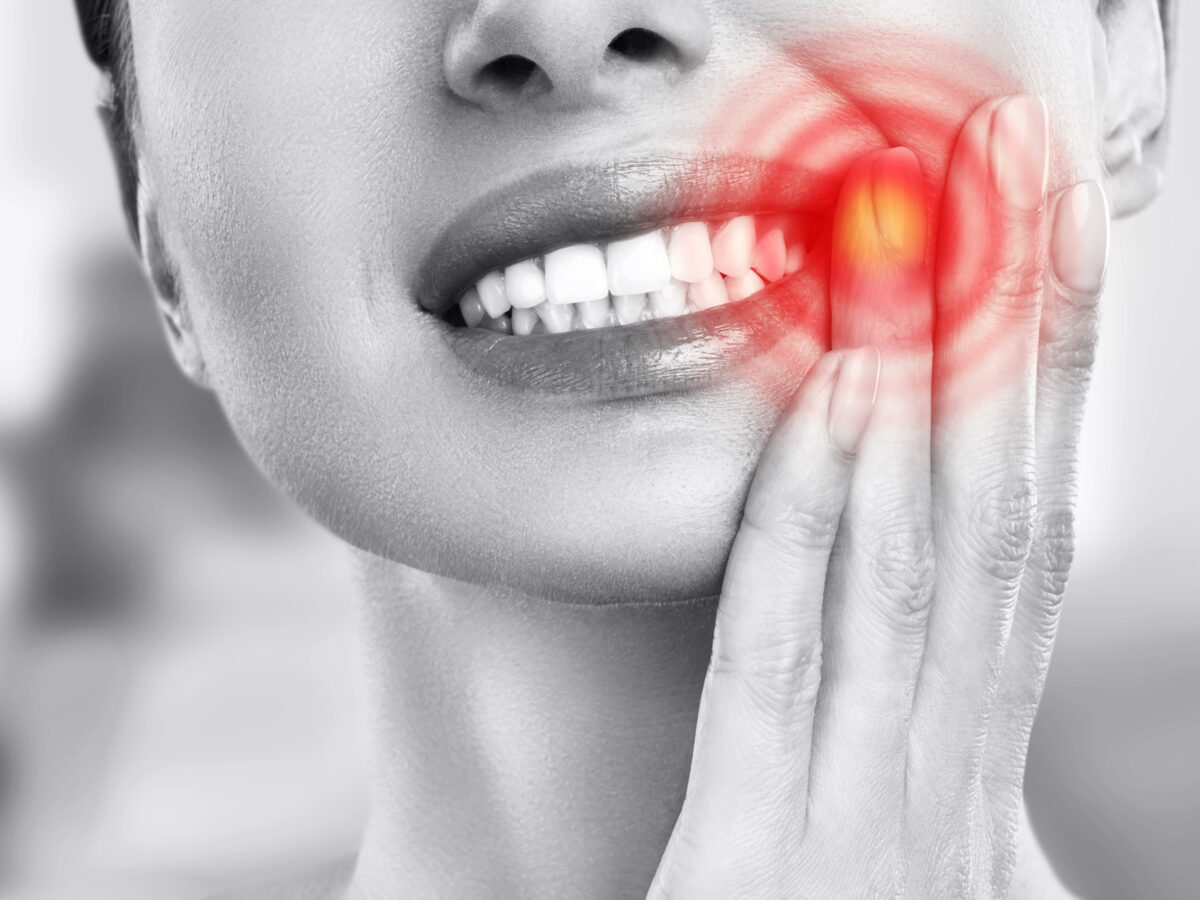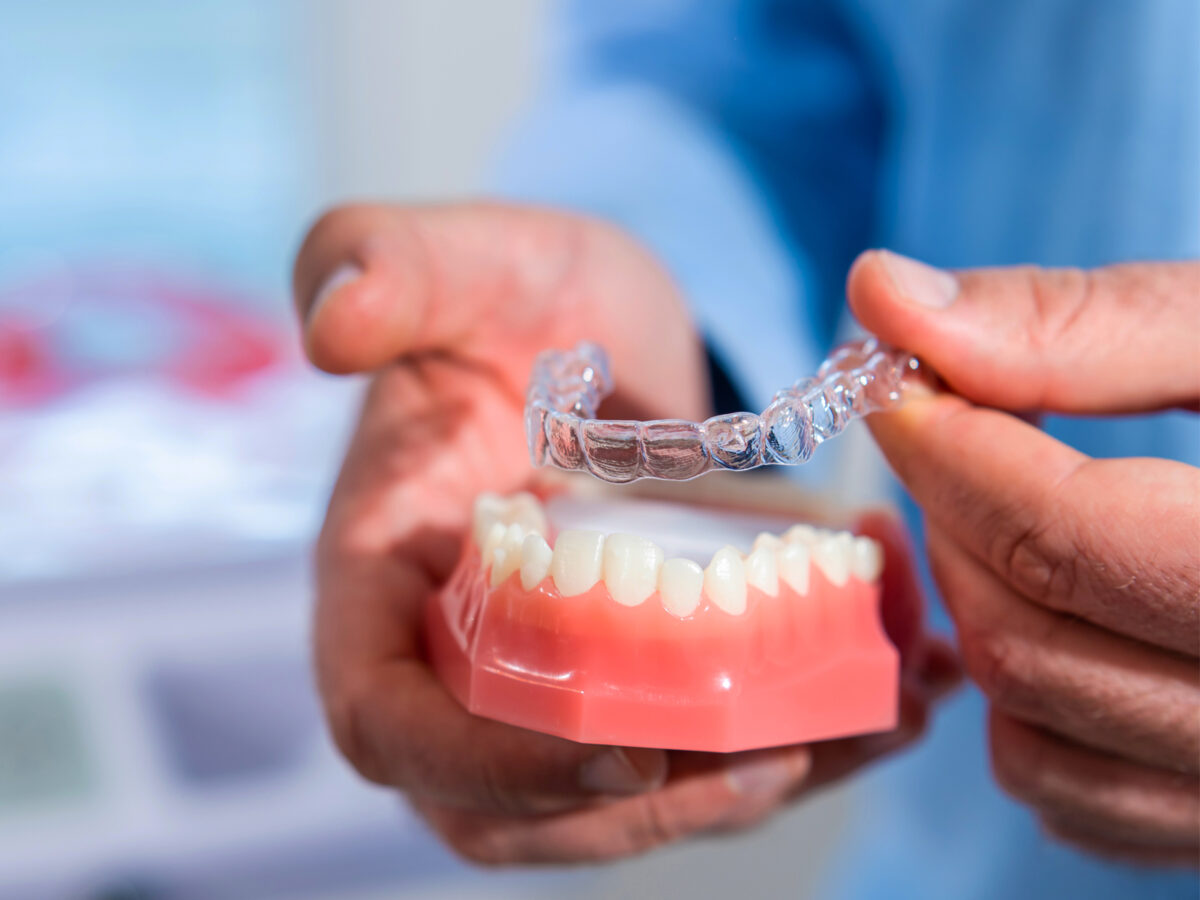It can be difficult to sleep at night when you have dental problems, but fortunately, most dental problems are easily treatable or preventable. Brushing and flossing (ideally twice a day), eating the right diet, and having routine oral health checkups are all key steps in preventing oral health problems. Understanding what causes common oral health complications can help prevent them.
- Gum Disease
Often referred to as periodontal disease or gingivitis, gum disease is caused by bacteria accumulating in your mouth as a result of plaque buildup. It is estimated that eight out of ten adults suffer from gum disease. An individual suffering from gum disease may experience the foul breath, pain in the gums, sores on the gums, especially while chewing, and red, swollen, or bleeding gums. There is a risk of contracting gum disease for everyone, just as there is with dental cavities. If you experience gum disease symptoms, you should seek treatment from your dentist to avoid further complications, such as tooth loss.
- Tooth Decay
Dental decay, also known as dental caries or cavities, is a common dental problem in the United States. This condition is caused by the combination of plaque with acidic or sugary foods that you consume. As a result of these acids, your tooth enamel slowly erodes and develops holes. A person’s lifestyle has a direct impact on their risk of developing a cavity. You are less likely to suffer from tooth decay if you practice good oral hygiene. To prevent rotting teeth, prevent plaque from forming. So, whenever you have a dental cavity or any periodontal disease, you should see a dentist immediately.
- Dry Mouth
An oral health condition known as Xerostomia, or dry mouth, is caused by a lack of saliva. There are several reasons why taking certain prescription medications can result in this adverse reaction. As a result of Xerostomia, your teeth and gums are deprived of essential lubrication, cleaning, and moisture. In order to determine whether your teeth are rotting due to reduced salivary flow, your dentist will examine them. Keeping your mouth well hydrated will help to prevent dry mouth dental problems, in addition to regular dental appointments.
- Tooth Sensitivity
Many people around the world suffer from tooth sensitivity. In general, sensitive teeth are characterized by discomfort or pain when exposed to cold beverages, sweets, hot beverages, cold air, or ice cream. When flossing and brushing sensitive teeth, some patients may experience discomfort. Fortunately, it is possible to prevent tooth sensitivity by following good oral hygiene practices. You can prevent tooth sensitivity by brushing properly with fluoride toothpaste, using a soft-bristled brush, and minimizing your consumption of acidic or sugary foods. A dentist should be consulted if you have already developed tooth sensitivity. As a result, your dentist will determine the actual cause of the problem.
- Oral Cancer
People all over the world are affected by mouth cancer, which is a serious and common dental condition. One person dies from oral cancer every hour, according to the Oral Cancer Foundation. The good news is that oral cancer is preventable and treatable in its early stages. Among the risk factors are the use of alcohol and the use of tobacco, especially chewing tobacco. The majority of dental cancers are diagnosed as pinkish growth or lump in the mouth. See a dentist as soon as you notice any growth in your mouth. During a dental examination, your dentist will examine your head, mouth, and ears for indications of potential problems. There is no denying the fact that any form of cancer is fatal. By maintaining regular dental appointments and exams, you can prevent mouth cancer.
All in all, healthy teeth require a lifetime commitment. In order to maintain healthy gums and teeth, you should consult a dentist on a regular basis. As recommended by the dental expert, you should visit the dentist twice a year for a checkup and cleaning of your teeth.





